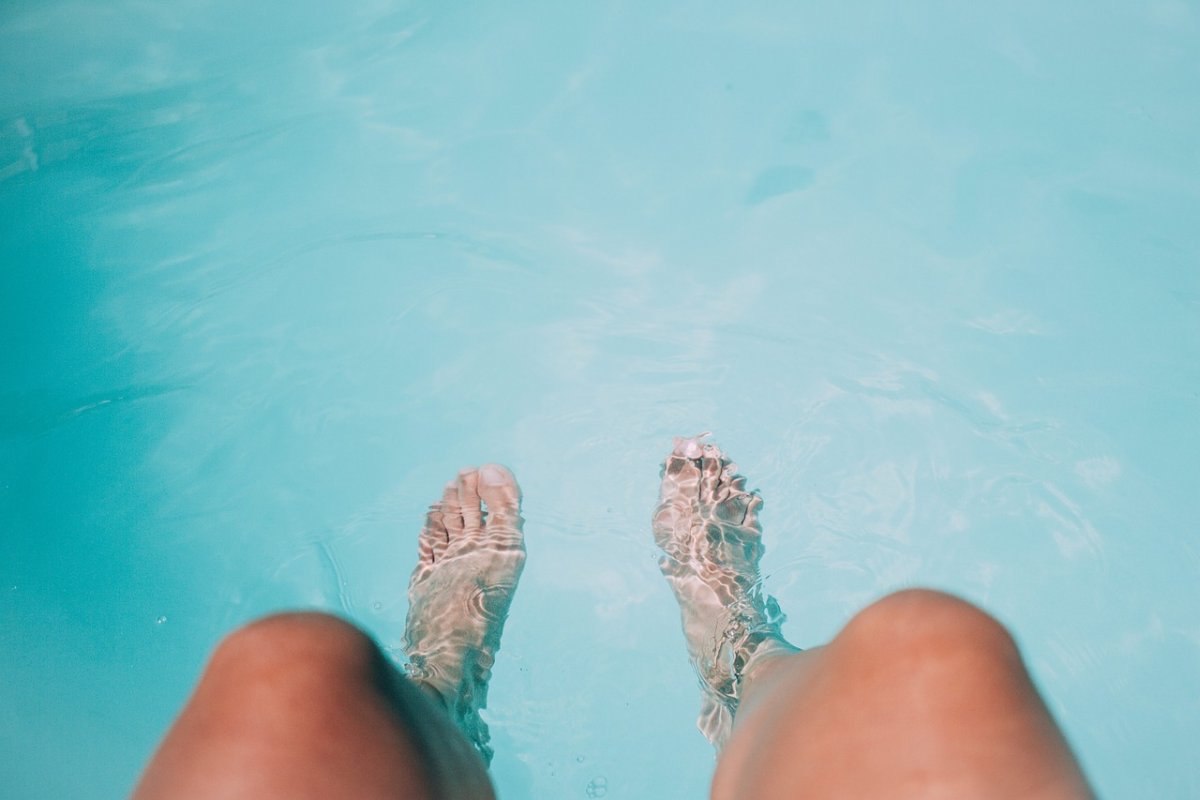
High blood cholesterol is the perfect breeding ground for serious health problems, from heart disease to stroke. It's critical to pay attention to three warning signs.
Leaving high cholesterol levels to their fate is causing plaque to build up in your arteries, doctors warn. This is an unpleasant “cocktail” of fatty substances, waste products of cells, calcium, fibrin, and cholesterol.
Once your arteries get too much of this dangerous mixture, they become narrow and hard. This creates less than ideal conditions for blood flow, causing the “first” symptom.
Lack of blood flow to the legs can sometimes cause peripheral arterial disease, or PAD for short, according to the Cleveland Clinic. The first symptom caused by PAD is lameness, which is due to muscle pain, which can be identified by three characteristic signs.
1. Dull and aching pain
2. Pain comes with activity
3. The more effort you put in, the more pain you will feel.
High cholesterol: 2 signs on your skin that you have a buildup of “fat”
Once you stop to rest , the pain should stop within a few minutes or less.
3 Signs That Leg Pain Is Caused by Cholesterol Accumulation – The “First Symptom”
Another key sign of lameness is that it only affects the muscles , that is, does not cause pain in the joints and bones.
If the pain occurs in one or more joints or lasts for several minutes after you stop to rest, it is more likely that it is not intermittent claudication, experts at the Cleveland Clinic say.
In addition to leg pain, PAD can cause other symptoms, including:
- Burning or aching pain in the feet and toes during rest, especially at night when lying down.
- Cold skin on the feet
- Redness or other discoloration of the skin
- More frequent infections
- Ulcers on the toes and feet that do not heal.
- li>
Read more: Immunologist Kryuchkov spoke about the features of the new variant of the Kraken coronavirus.
Important!< /span> Information provided for reference purposes. Ask a specialist about contraindications and side effects and under no circumstances self-medicate. At the first sign of illness, consult a doctor.
